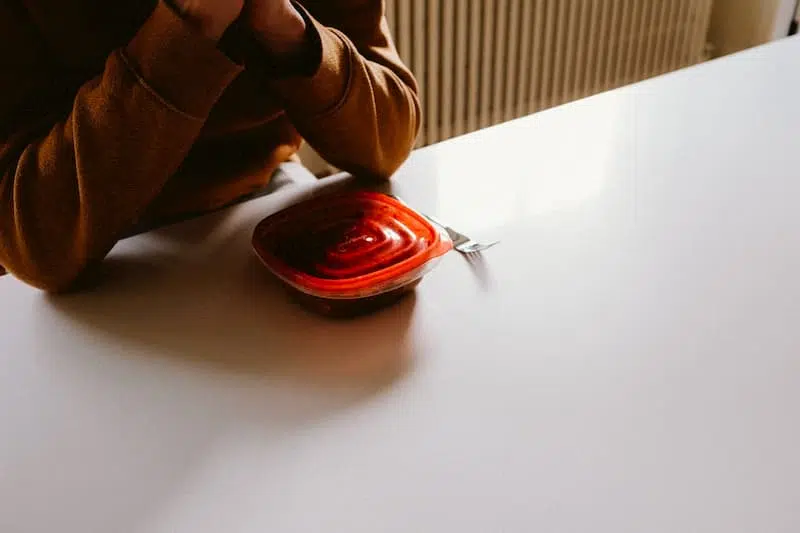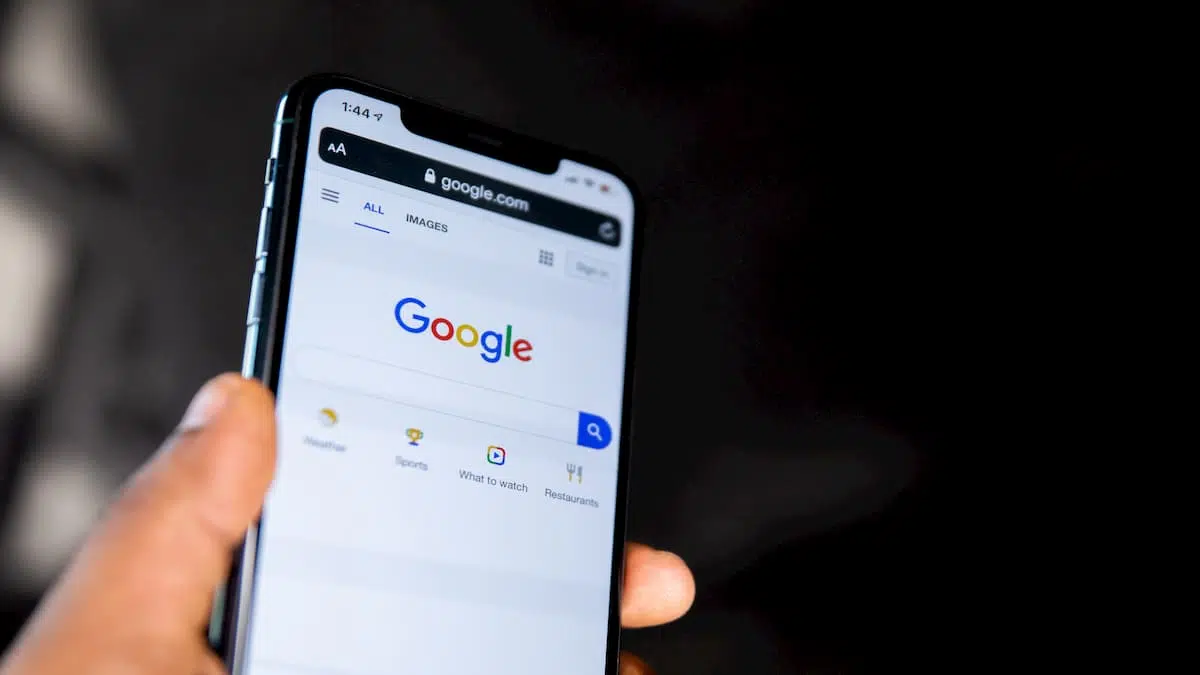Around the globe, brands are part of everyday life. However, some brands have become so synonymous with their particular product or service that we now use their names without thinking. Have you ever done a spot of hoovering? Googled some information? Or listened to a song that has been autotuned? All of these words and more are everyday brand names that have achieved almost celebrity status within the public consciousness.
Is it always good for brand names to become a word in their own right?
You may think that there are no downsides to achieving such a level of notoriety that people use a brand name every day, sometimes even as a verb. This process, known as anthimeria, signals that a brand has reached the pinnacle of recognition, to the point where it dominates all other products and services within an industry.
There are potential issues, however, with brand dilution. Brand dilution is where the power of a brand diminishes – this is typically due to brand overextension, However, with global brands such as Google, there is a risk that the brand name becomes so embedded in the public lexicon that it begins to lose value as a brand in its own right. This can ultimately reduce a business’s ability to benefit financially from the use of their brand name.
Skype
Skype started life in 2003 as a simple idea to allow people to make free calls over the internet, using just software and peer-to-peer technology. The name ‘Skype’ came from ‘Sky peer-to-peer’, which was abbreviated to ‘Skyper’ and then ‘Skype’ when the domain name was already taken. Its popularity came from the simplicity of the software and its ability to bypass expensive international calling charges for both individuals and businesses looking to connect across the world. Although today Skype is rivalled by thousands of other video calling platforms such as Zoom, Microsoft Teams and FaceTime (another successful brand name turned verb), Skype retains its user base of 200 million people and enjoys pre-eminence as the first high quality P2P calling software to become mainstream.

Jacuzzi
The luxury hot tub known as a jacuzzi is in fact a brand name. In 1956, the Jacuzzi brothers invented a hydrotherapy pump to help relieve a relative’s arthritis. In the 1960s, seeing a niche in America for health and leisure products, family member Roy Jacuzzi created an all-in-one whirlpool bath that evolved into the hot tub that we know today. Today, not only is Jacuzzi a world-renowned brand to the point that it is used to refer to any hot tub, but it is also synonymous with quality.

Tupperware
Plastic storage containers are often referred to as Tupperware, regardless of whether they are manufactured by the Tupperware brand or not. Earl Tupper began the business in America in 1946 when he noticed a market niche for resealable, lightweight plastic containers. The unusual and hugely successful business model of ‘Tupperware parties’ was born out of a need to demonstrate the products first-hand – these demonstrations turned into social events in their own right and are still popular today. Although Tupperware has now expanded into other ranges of kitchenware, the term ‘Tupperware’ is the widespread colloquial expression for any similar products.

Autotune
The face of recorded music was forever changed by the invention of Autotune, the software devised in 1997 to correct pitch and key in audio tracks. Since then, it has been used as an effect in music, to both positive and negative reactions. Cher’s ‘Believe’ is widely credited with popularising Autotune in the public consciousness, where the software is used to give her voice a robotic, artificial tone. This is where the general impression of Autotune comes from, and its usage in day-to-day language is usually in a negative context when something has been ‘heavily autotuned’. Other similar software such as Melodyne and Direct Note Access are also used within the music industry, but their names have not become a catch-all phrase for all pitch correction programs.

Granola
Although ‘granola’ is now used to refer to any breakfast or snack food with baked oats, nuts and sweeteners, the word was originally trademarked. The trademark still stands in Australia and New Zealand. In contrast to muesli which is neither baked nor sweetened, granola was invented as ‘granula’ in 1863 at the Jackson Sanitarium, New York. At the same time, John Harvey Kellogg trademarked ‘granola’, leading to a legal battle for both products. The term ‘granola’ has become so genericised in the modern day that its meaning as an everyday brand name has been lost.

Summary
As these historic examples show, there are many benefits to having a brand name that is synonymous with a product or service. However, there are also downsides to having such a ubiquitous name. By becoming an everyday brand name, there are risks that your product could turn into such a general term that it loses meaning as a brand name.
Are you looking to market your brand more widely? Get in touch with Mackman today. Email customerservice@mackmangroup.co.uk or call 01787 388038 to speak to one of our friendly team.
